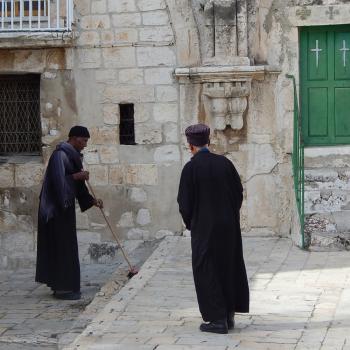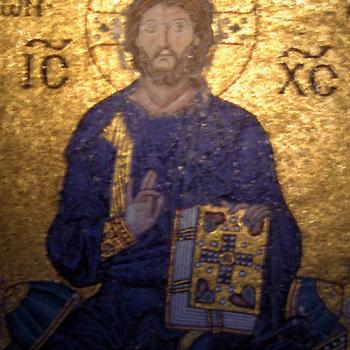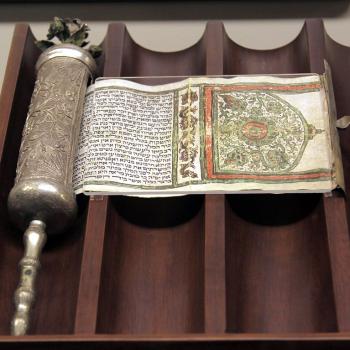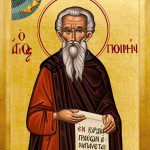We tend to consider all the great things Peter and Paul did, all the fantastic things recorded about their lives, and think, because of all they accomplished, they were quite different from us. They are portrayed as bold, strong, and powerful, capable of enduring all kinds of hardships which would make most of us crumble and fall apart. The thing is, this is only partially true. We know they all had their failings. We know they were not always doing... Read more

















